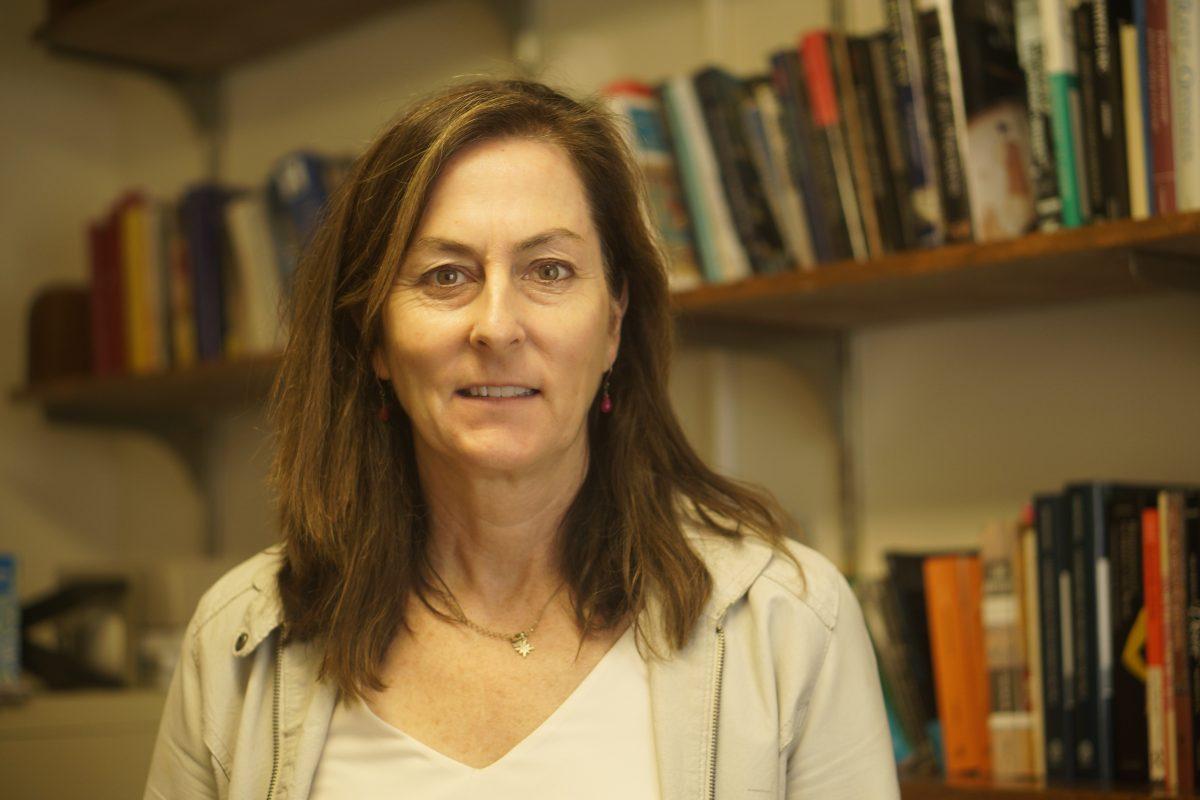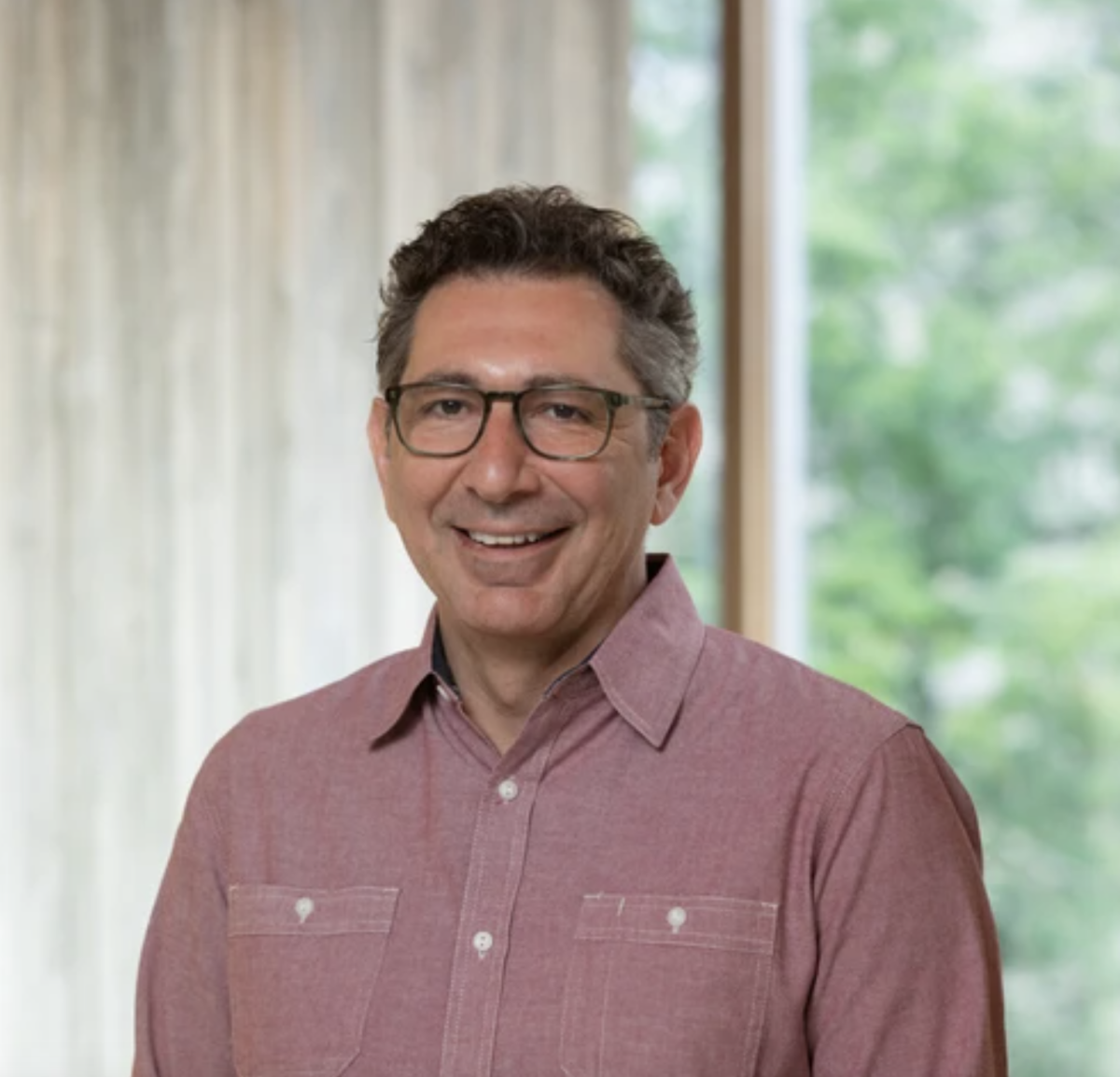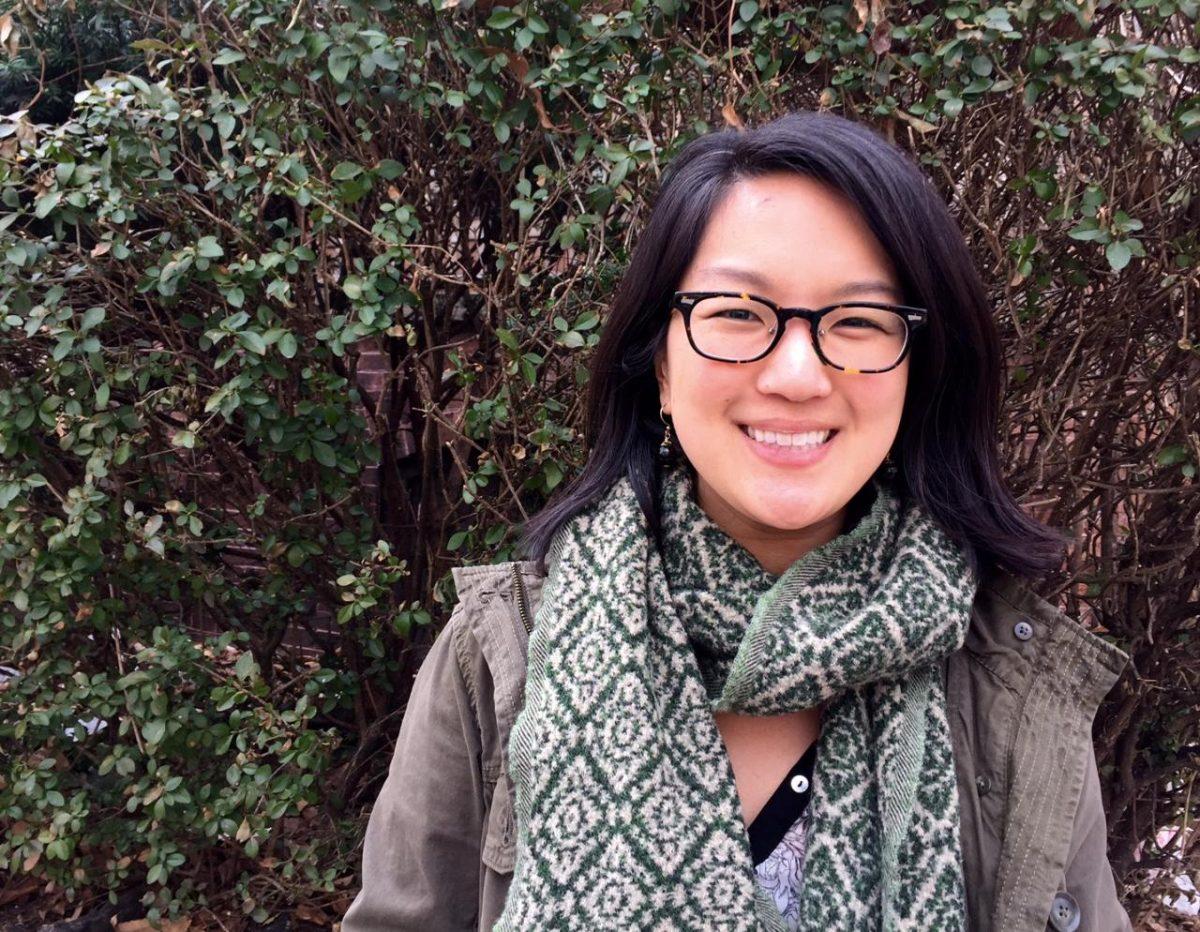Armed since childhood with an insatiable love for literature, Professor Kate Gilhuly of the classics department dreamt of writing her own book one day. Gilhuly’s mother, an English teacher at the time, played a significant role in fostering her love for knowledge and literature.
“As a little kid, I always dreamed of writing a book and spent a lot of time, when my brothers were shunning me, writing various stories and philosophical musings in my room,” Gilhuly said.
This love of literature heavily informed her decision as she searched for a field of study. She eventually chose to concentrate in classics at Wesleyan University for her undergraduate degree.
“When we were kids, my mother read Homer, Edith Hamilton’s Mythology to us, and a friend of ours had illustrated The Homeric Hymn to Demeter. That was a beautiful book,” Gilhuly said. “So when I started studying the classics, it felt like a return to my literary beginning. I loved the idea of going to the source, and Greek literature especially seemed so raw and beautiful to me.”
When it came time to find a job, Gilhuly’s father encouraged her to go into business, but again, she chose literature and decided to work at a rare book collection called Newberry Library Center in Chicago.
“I made zero money but was interacting with academics and helped in the production of a journal, ‘Renaissance Drama,’” she said.
After working for the Newberry Library Center, Gilhuly spent some time editing the yellow pages in San Francisco, but her passion for literature drew her back to graduate school at University of California, Berkeley where she wrote her dissertation on courtesans in Greek literature.
“I was torn between getting an MFA in writing fiction or returning to classics. I had this gnawing sense that I hadn’t really mastered Greek, so I applied to Berkeley and got in there,” she said. “Interesting, smart people were just teeming all around Berkeley. It was nerd heaven.”
Gilhuly enjoys classics research because it allows her to collaborate with people from different disciplines, making her research more applicable to those outside of the field.
“I really value having an aspect of my work that allows me to reach out to people in other fields and learn from them and share my work too,” Gilhuly said. “A few years ago, I was a fellow at Radcliffe [College], and it was really exciting to be part of a diverse group of academics. That experience inspired me to try to make my work interesting and accessible to people outside of classics,” she explained.
Gilhuly always thought she would end up teaching at a liberal arts college, so she returned to the northeast and began teaching at Wellesley College in 2004.
“I wanted to teach at a school where students had an experience like I did and where I could have a more substantial relationship with fewer students,” she said. “I feel really invested in their long-term success. I think Wellesley provides people with an exceptional environment in which to find their voices.”
Following her interest in interdisciplinary research, Gilhuly teamed up with theatre studies to teach a class called “Performing Ancient Drama,” which culminated in a production of “Lysistrata” in the Ruth Nagel Jones Theater.
She values her time teaching students Greek from the introductory level and watching them grow.
“It is so cool to see students start at the beginning learning the alphabet and get to the point where they can deeply engage with something as complex and sophisticated as Sophocles in his original language,” she said.
Gilhuly’s curiosity about the role of place in the history of sexuality caused her to delve into her current research. She especially wondered why society named lesbians after an island in the Aegean Sea and wanted to understand more about the word’s literary roots.
“The sexualization of place was invented on the comic stage, and calling something ‘lesbian’ was originally a joke to make fun of Euripides’ mash-up musical style, where he incorporated exotic sounds from the east in his tragedies,” she explained.
According to Gilhuly, studying literature in the classics is significant because you can think beyond your current place and time about ideas that have always existed.
“One thing that really fascinates me about ancient literature is that it is like looking at language in a petri dish,” she said. “It gives you a chance to consider how words carry meaning through time and space even when the world they refer to has completely vanished.”









